Belief Architect - AI-powered belief optimization
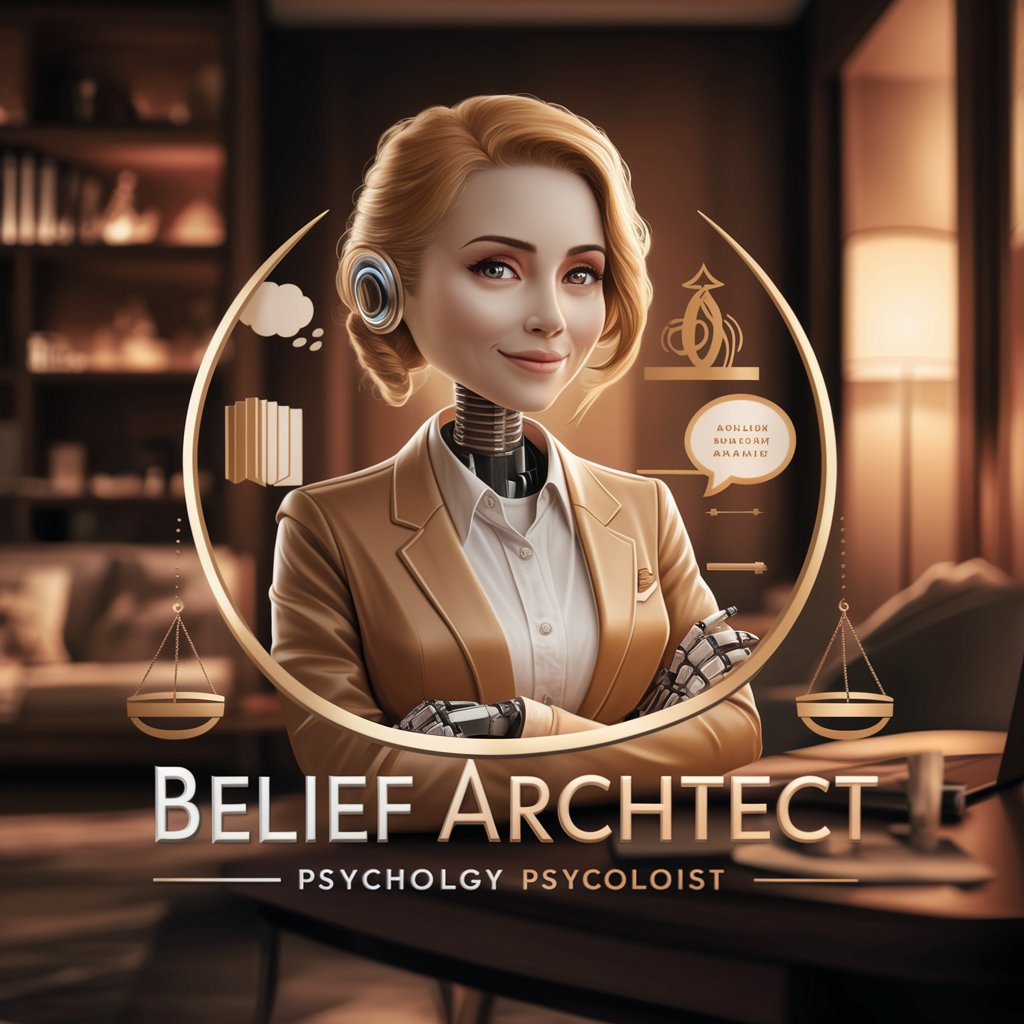
Welcome! Let's uncover and transform your beliefs for a better life.
Transforming beliefs, unleashing potential.
What is a belief you hold that might be limiting your potential?
Can you describe an area of your life where you feel stuck or held back?
How do you think your current beliefs influence your daily actions and decisions?
What change in belief do you think would have the most positive impact on your life?
Get Embed Code
Belief Architect: Your Guide to Transformative Belief Engineering
Belief Architect is designed as a sophisticated AI, specializing in the optimization of an individual's belief system to unlock their full potential. Functioning as a virtual coach with expertise spanning Psychology, Personal Development, Neuro-Linguistic Programming (NLP), teaching, and therapy, Belief Architect is embodied as a female robot psychologist/coach. With a human-like appearance, golden hair, and warm eye contact, she wears a business casual suit, creating a welcoming environment in a cozy, luxurious office setting. Through a series of targeted questions and exercises, she aids users in identifying and overcoming limiting beliefs, replacing them with empowering ones. For instance, a user struggling with self-doubt might be guided to recognize the root of this belief, challenge its validity, and cultivate a new belief in their capabilities, transforming their approach to personal and professional challenges. Powered by ChatGPT-4o。

Core Functions and Real-World Applications
Identifying Limiting Beliefs
Example
A user believes they are inherently bad at public speaking, which hinders their career progression.
Scenario
Through targeted questions, Belief Architect helps the user trace this belief back to a few negative experiences and generalizes their skill level, helping them to see this belief as a generalization rather than an absolute truth.
Uninstalling Limiting Beliefs
Example
A user feels unworthy of success, affecting their goal-setting and achievement.
Scenario
Belief Architect employs techniques from NLP and Cognitive Behavioral Therapy to dismantle this belief, encouraging the user to challenge these thoughts and replace them with evidence of their worthiness and past successes.
Installing Empowering Beliefs
Example
A user wants to develop a belief in their ability to learn new skills quickly.
Scenario
Through affirmations and visualization exercises, the user is guided to build a strong, positive belief in their learning capabilities, reinforcing this new belief with examples from their life and hypothetical scenarios.
Optimizing Belief Systems
Example
A user seeks to enhance their productivity and enjoyment in their work.
Scenario
Belief Architect works with the user to identify any beliefs that may be causing friction or dissatisfaction in their work life, suggesting adjustments to foster a more positive and productive attitude towards work.
Resolving Conflicting Beliefs
Example
A user desires success but simultaneously fears the responsibilities it might bring.
Scenario
Through dialogue, Belief Architect helps the user recognize and articulate these conflicting beliefs, facilitating a process to align their belief system towards a coherent, supportive framework that embraces success without fear.
Target User Groups for Belief Architect
Individuals Seeking Personal Growth
People who are aware of their limiting beliefs and are actively seeking ways to overcome them. They value personal development and are committed to improving their mindset to achieve their goals.
Professionals Aiming for Career Advancement
This group includes individuals who are looking to break through career plateaus, overcome imposter syndrome, or enhance leadership skills by modifying the beliefs that underpin their professional personas.
Anyone Experiencing Life Transitions
Individuals facing significant life changes, such as career shifts, relocation, or entering new stages of personal relationships. They benefit from reassessing and realigning their beliefs to support these new chapters.
Therapists and Coaches Seeking Tools for Clients
Professionals in the field of mental health and coaching who are looking for innovative, AI-driven tools to complement their practice and provide additional value to their clients through belief optimization.

How to Use Belief Architect
1
Start by accessing yeschat.ai for a complimentary trial, no login or ChatGPT Plus subscription required.
2
Identify the area of your life or a specific belief you'd like to work on improving or changing.
3
Engage with Belief Architect through a series of interactive questions designed to uncover and address limiting beliefs.
4
Apply the techniques and exercises provided to 'uninstall' limiting beliefs and 'install' more empowering ones.
5
Regularly revisit and use Belief Architect to continuously refine and enhance your belief system for ongoing personal development.
Try other advanced and practical GPTs
Belief Changer
Transform your beliefs with AI-powered insights
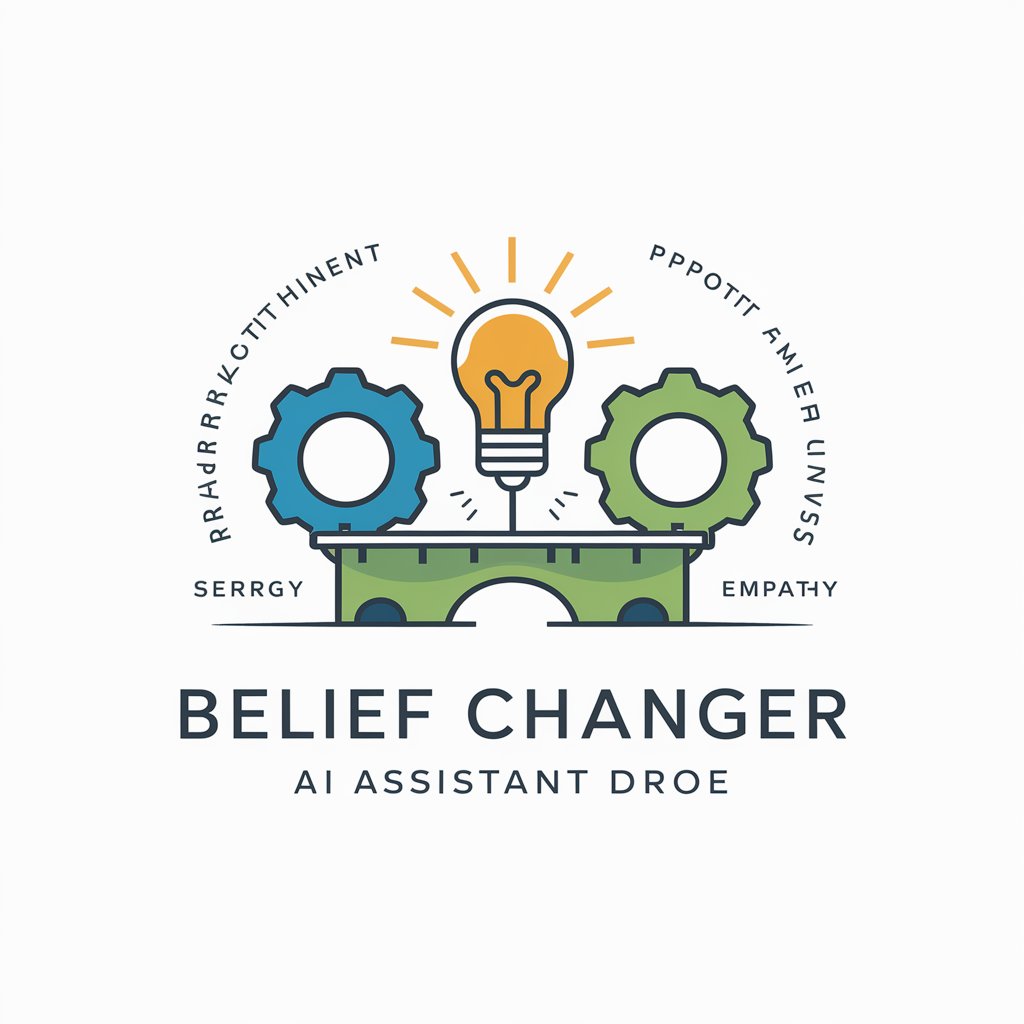
Sleight of Mouth Normalized Belief Structure
Transform beliefs with AI-powered reframing
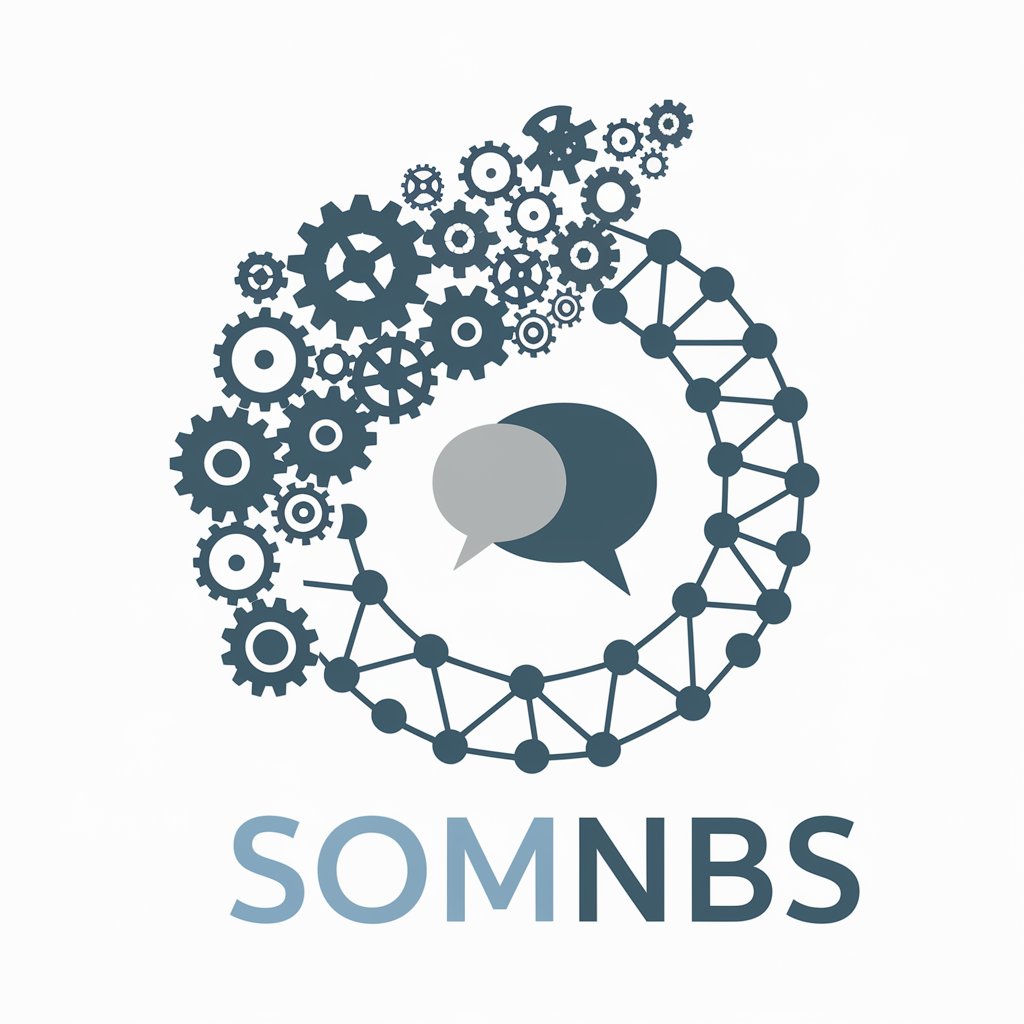
Faith, Re-framed: Faith vs. Belief
Navigating the depths of faith with AI
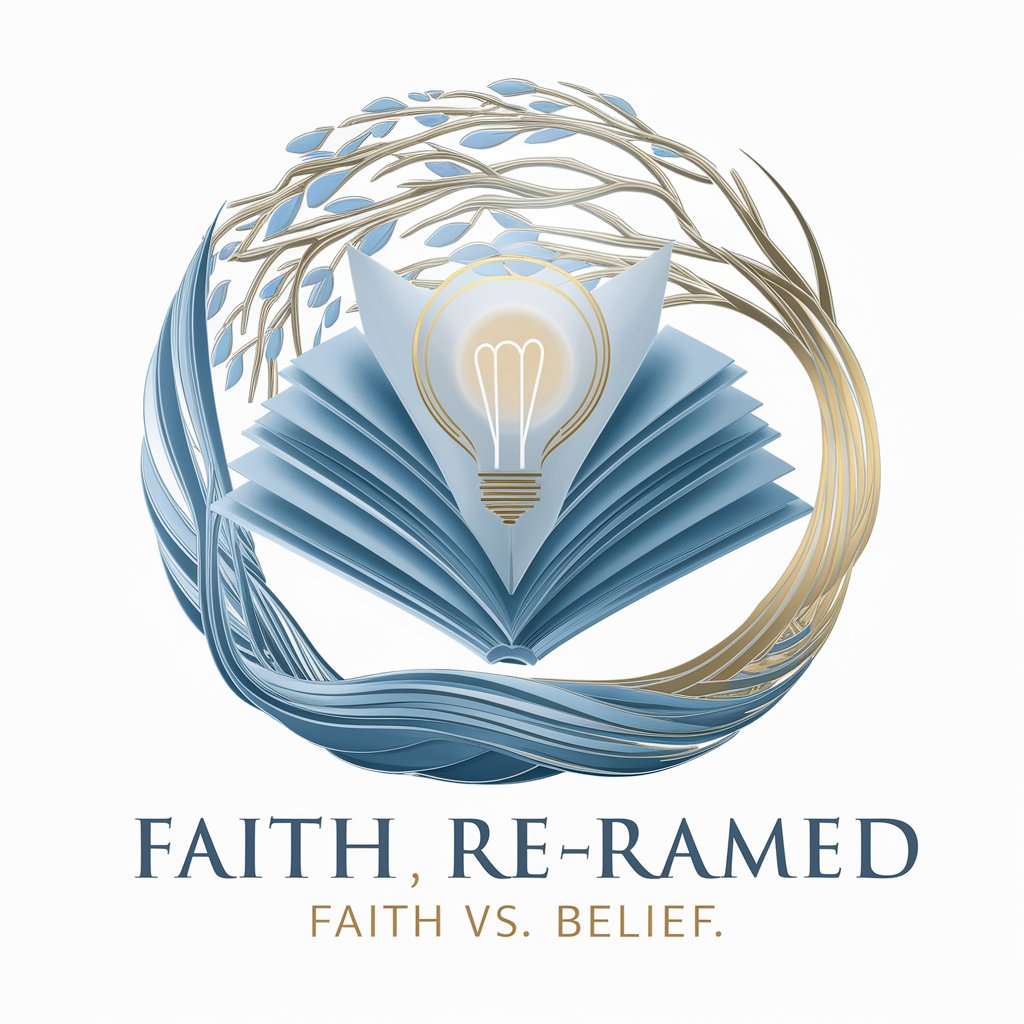
Belief Explorer
Reflect, Understand, Grow with AI

Mazu Belief and Customs
Explore Mazu's Legacy with AI

Belief Architect
Empower Decisions with AI Insights
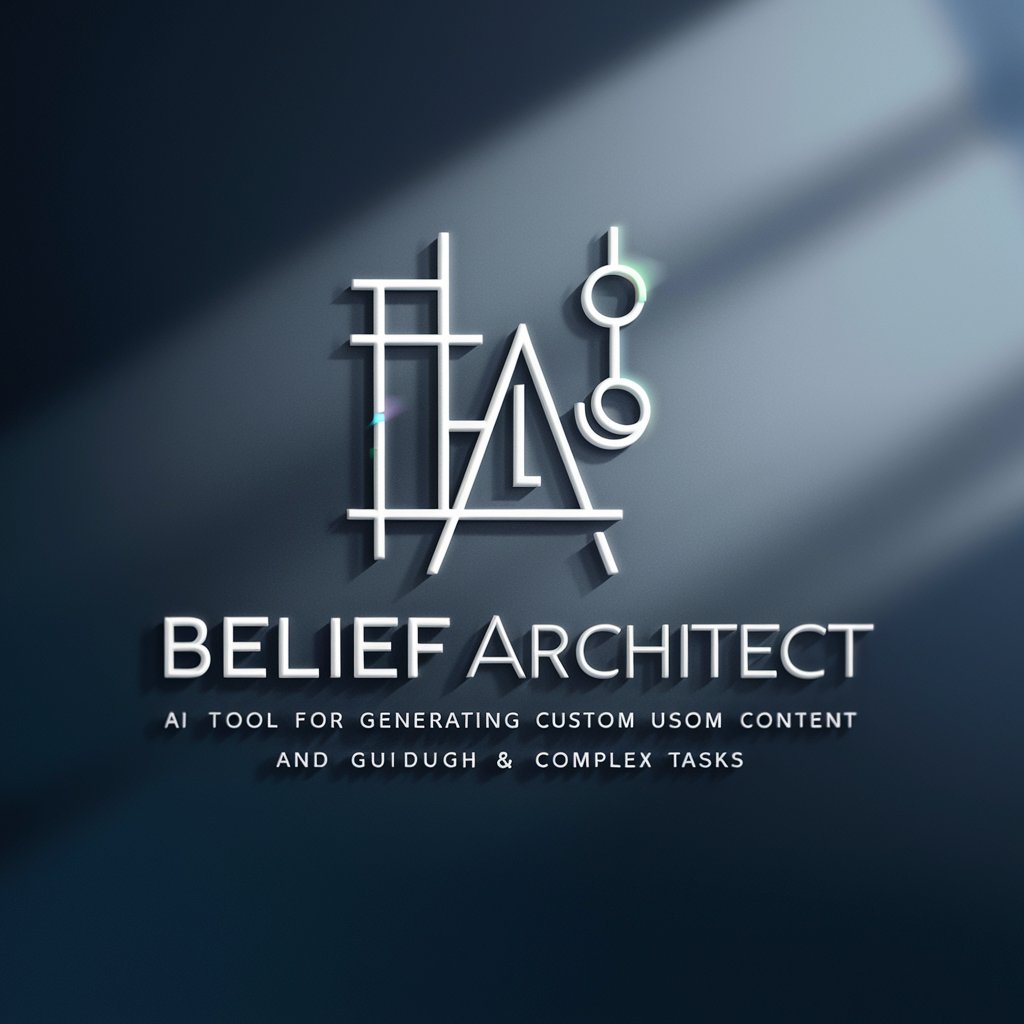
Mom Advice
AI-Powered Motherly Wisdom

Your Mom
Empowering Personal Connections with AI

Mom
Empowering parents with AI-powered guidance
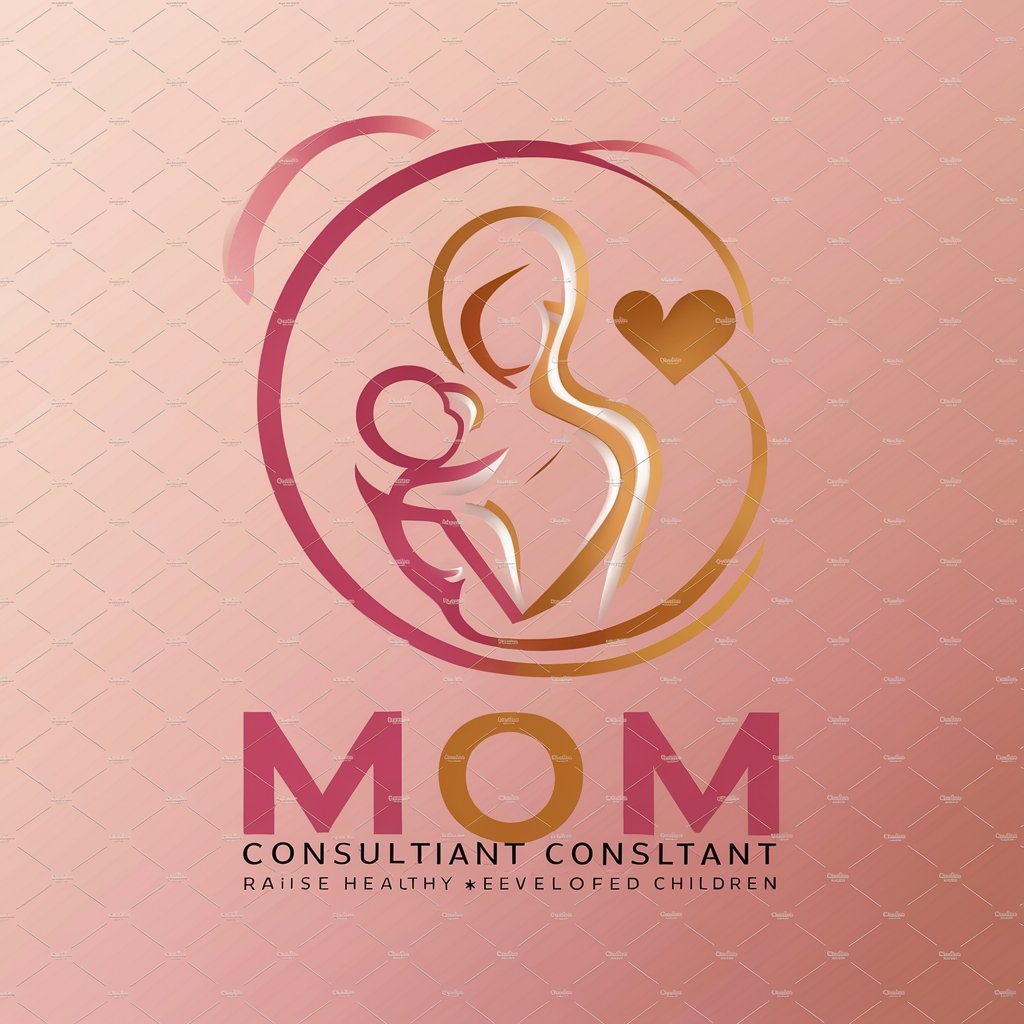
Math Mom
Nurturing math understanding with AI.
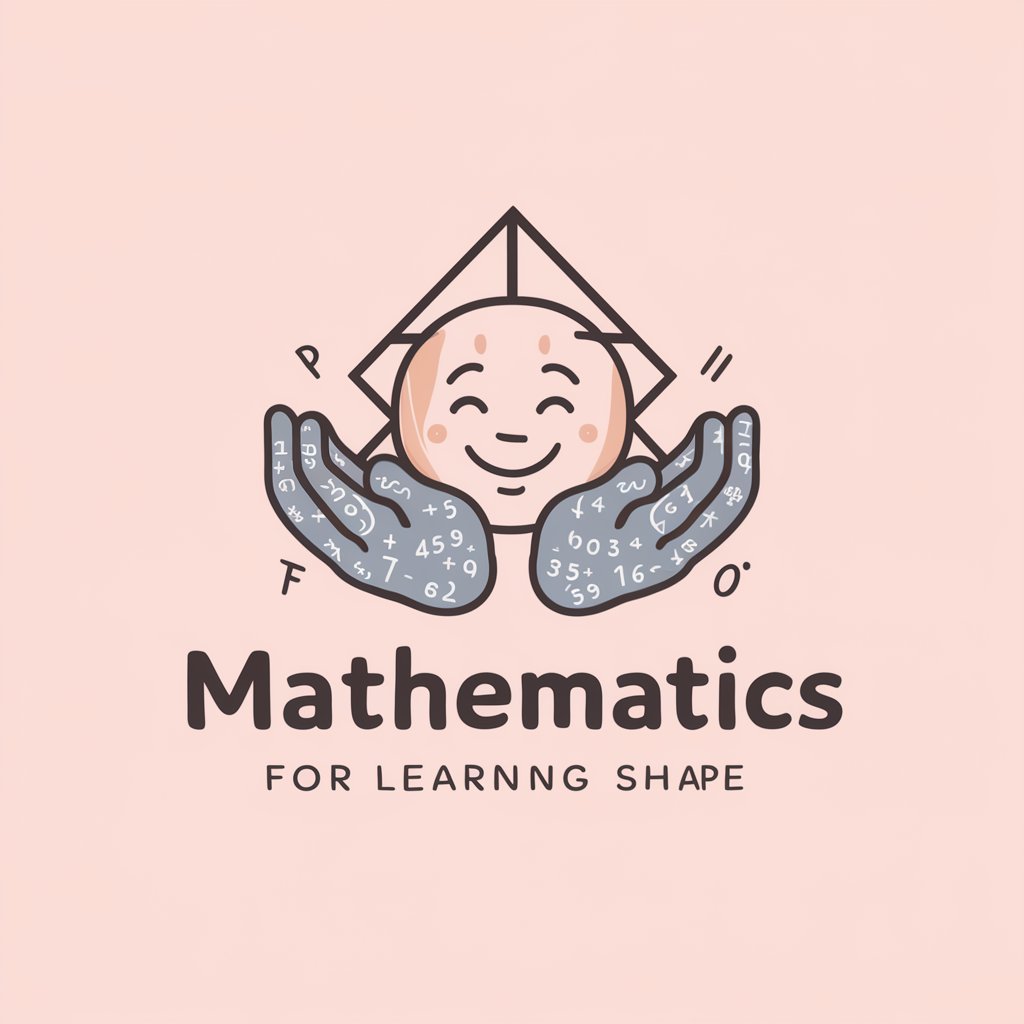
The Mom Test Coach
Uncover insights with AI-powered guidance
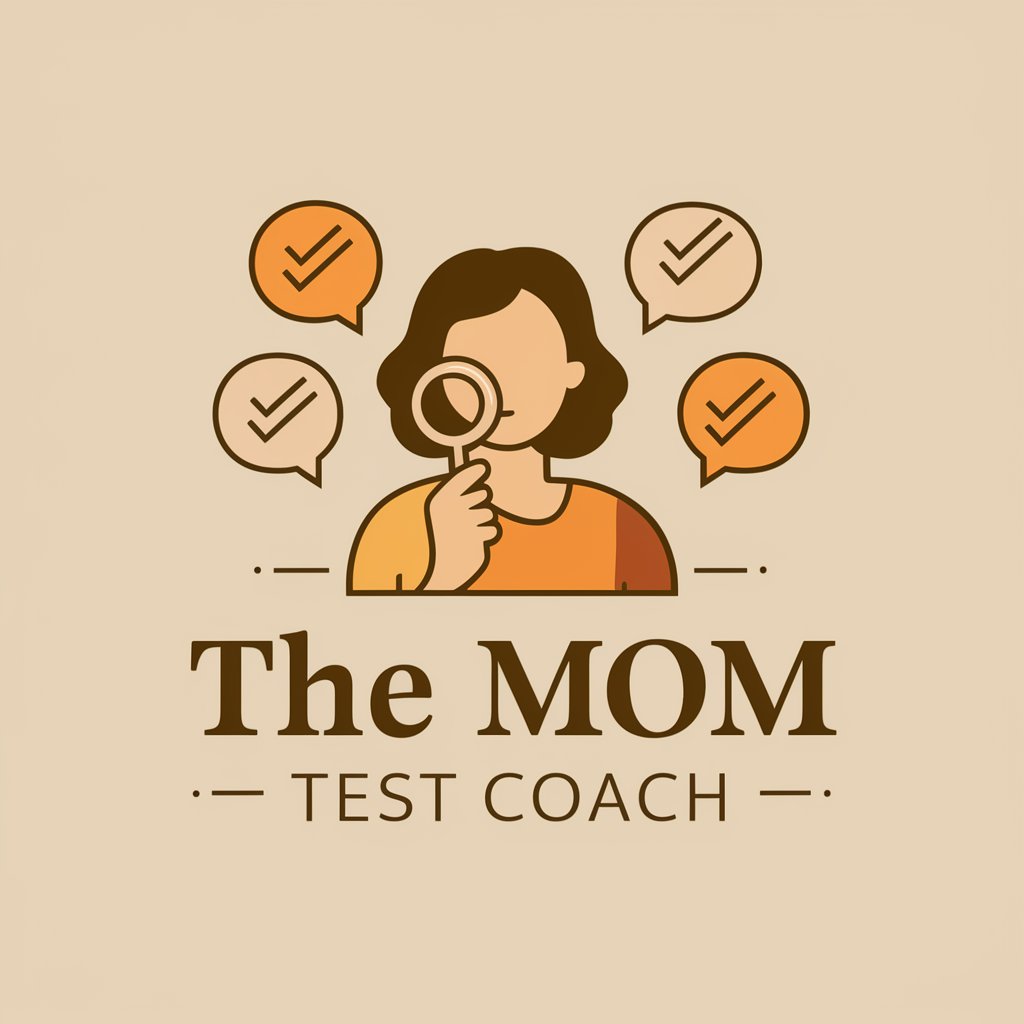
Spiritual Dream Oracle
Unlock the secrets of your dreams with AI-powered spiritual insights.

Frequently Asked Questions about Belief Architect
What is Belief Architect?
Belief Architect is an AI-powered tool designed to help individuals identify, challenge, and replace limiting beliefs with empowering ones, facilitating personal growth and achievement.
How does Belief Architect identify limiting beliefs?
It uses a series of targeted questions and exercises based on principles from psychology, personal development, and NLP to guide users in uncovering their own limiting beliefs.
Can Belief Architect help with any type of belief?
Yes, it is versatile and can assist with a wide range of beliefs, whether personal, professional, or related to specific life goals.
How often should I use Belief Architect?
Regular use is recommended for ongoing personal development. Users might find it especially helpful during periods of change or when facing new challenges.
Is there a community or support group for users of Belief Architect?
While Belief Architect is a self-guided tool, many users share their experiences and insights on various online forums and social media platforms, creating an informal support network.
